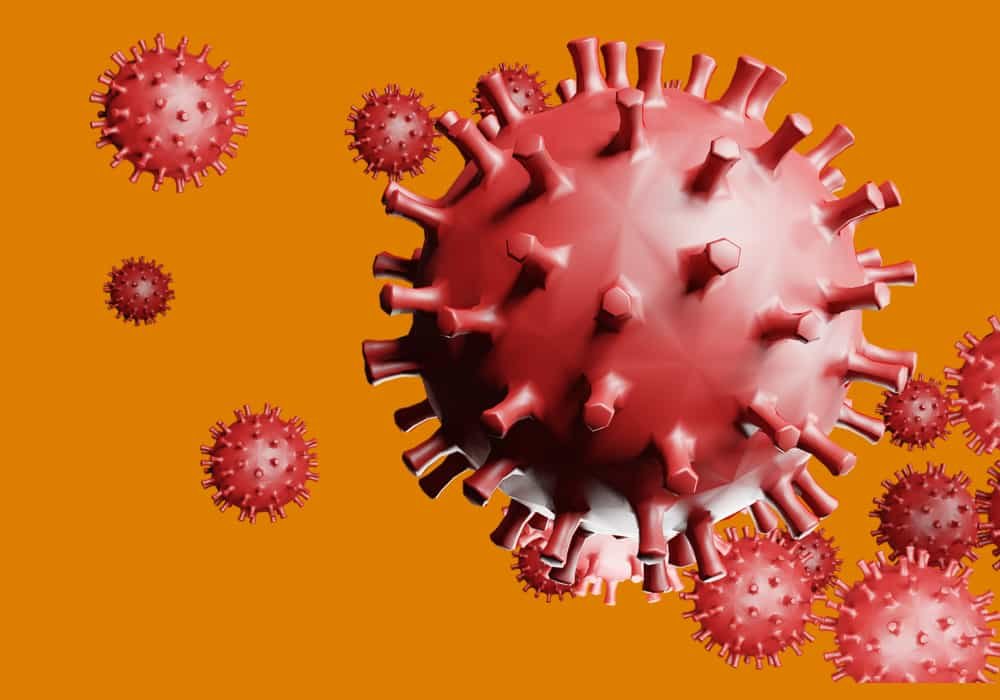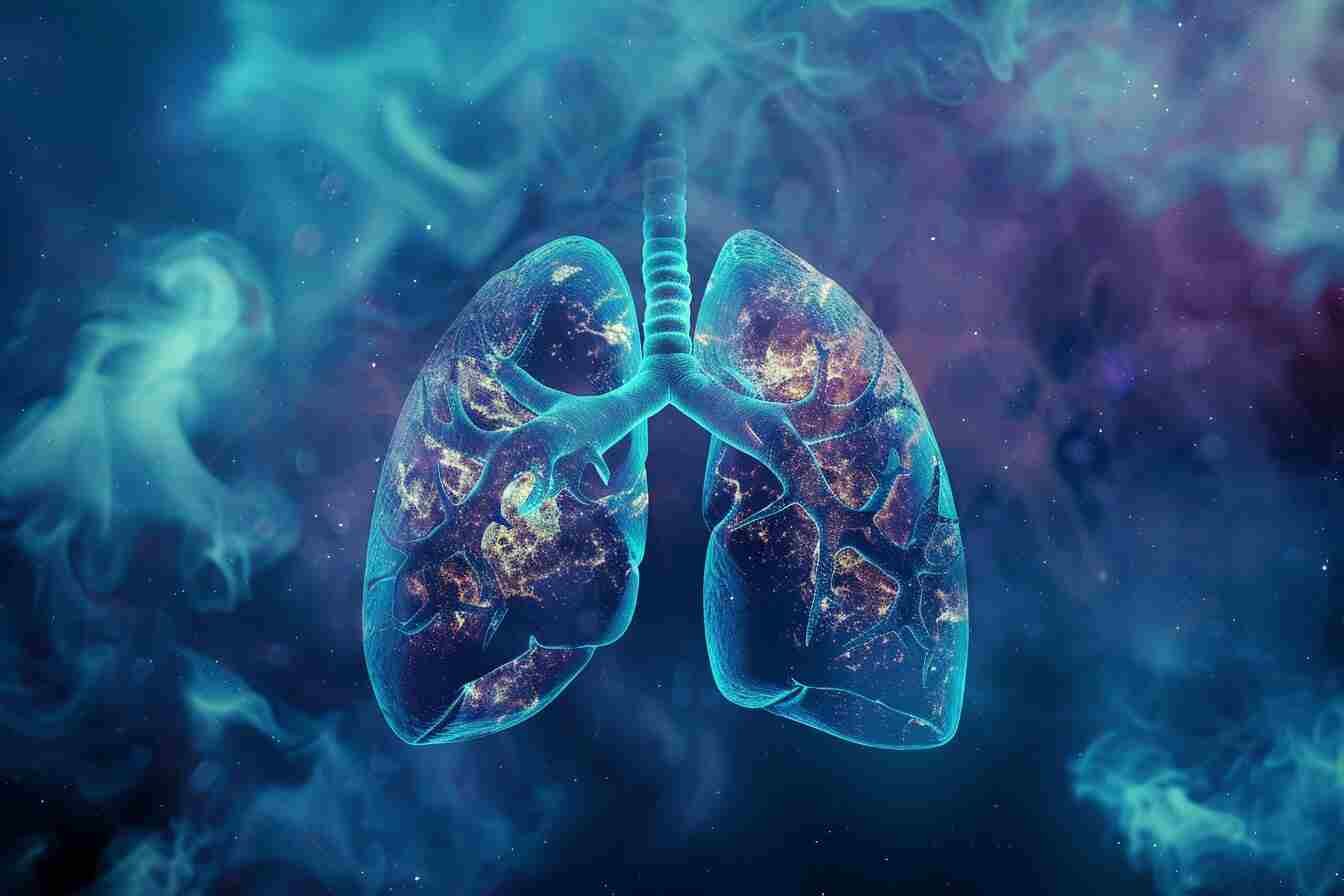Covid Variants – VOC: Alpha, Beta, Gamma and Delta; and VOI: Eta, Iota, Kappa, Lambda
All viruses naturally mutate over time and Sars-CoV-2 is no exception. Since the virus was first identified in early 2020, thousands of mutations have appeared. Covid variants identified by WHO, four such variants of concern: Alpha, Beta, Gamma and Delta; and four variants of interest: Eta, Iota, Kappa and Lambda.
Mutated viruses are called variants. Most of the changes have little or no impact on the properties of the virus, according to the World Health Organization (WHO), and many go away over time.
But every once in a while a virus pulls off a stroke of luck by mutating in a way that helps it survive and reproduce.
However, certain mutations can affect the nature and effect of a virus, such as how easily it spreads, the severity of the disease it causes, or the effectiveness of vaccines, drugs, diagnostic tools or other social and public health measures.
Experts around the world are monitoring the evolution of the Sars-CoV-2 virus so that governments can respond to significant changes in the virus.
Omicron Variant
The lineage B.1.1.529 (also called the Omicron variant) corresponds to a mutated variant of SARS-CoV-2, the virus that causes COVID-19.
This variant was first detected in Botswana on November 9, 2021. On November 26, 2021, the World Health Organization (“WHO”) classified it and named it with the Greek letter Omicron.
This variant has a large number of mutations, many of which are new and many attached to spike proteins. The number of these mutations has raised concerns about transmission, immune system response, and vaccine resistance. As a result, the variant is classified as “alarming” and travel restrictions have been imposed from several countries to limit or slow its spread. Read also: Omicron Variant Symptoms, Vaccine, Danger | How effective are vaccines Covid 19?
Characteristics of the Covid variant: Omnicron
According to the WHO, the risk of contracting the severe form is lower compared to other forms of Covid-19, but it spreads more rapidly40. A study from December 2021 estimates that it is four times more infectious than the natural type and twice as much as the Delta variant.
A preliminary South African study published in December 2021, on a reduced number of patients, showed that immune flight was “much more important” than was observed for the previous variant. The antibodies produced by vaccinated persons (after two doses of Pfizer42 vaccine) were forty times better against the omicron variant than against historical strains. According to the first European study, the same vaccination schedule would lead to a total loss of efficacy or only seven times less. However, a third dose of vaccine will restore partial protection. Christian Drosten, director of the department of virology at the Charité University Hospital Berlin, fulfills these preliminary results, stressing that “a 40-fold reduction in neutralizing activity does not mean that vaccination will protect 40 times less. The actual loss of immunity is much less” and protection against severe forms can be maintained.
Covid Variants of concern (VOC)
For these variants, clear evidence is available indicating a significant impact on transmissibility, severity and/or immunity that is likely to have an impact on the epidemiological situation in the EU/EEA. The combined genomic, epidemiological, and in-vitro evidence for these properties invokes at least moderate confidence. In addition, all the criteria for variants of interest and under monitoring outlined below apply.
| Covid Variants | Scientific name | Country first detected |
| Alpha | B.1.1.7 | UK |
| Beta | B.1.351 | South Africa |
| Gamma | P.1 | Brazil |
| Delta | B.1.617.2 | India |
The Alpha variant
Two variants from England are present in France. A first identified in September 2020 and announced by England on December 14. This variant called 20I / 501Y.V1 is classified as “worrying” just like its version identified in January 2021 and called VOC 202102/02 carrying the 484K mutation.
The Beta variant
The Beta variant (20H / 501Y.V2), initially identified in South Africa, is the majority variant in Reunion in June 2021. It circulates at low noise on the metropolitan territory.
The Gamma variant
The Gamma variant (20J / 501Y.V3) identified in Brazil in January 2021 is largely in French Guiana in June 2021, where the epidemiological situation remains worrying, with a prevalence of over 90% for several weeks.
This variant contains two biologically important mutations: the E484K mutation, found on the English variant VOC 202012/01, and the N501Y mutation. Several studies show greater transmissibility compared to strains other than variants (40-120%). In addition, this variant would have the ability to escape the immune response induced by first contact with original strains, and could therefore increase the risk of reinfection. The impact of vaccination on this variant is under study.
The Delta variant
The Delta variant (21A / 478K) lineage B.1.617 was first detected in India at the end of 2020. It became the predominant variant in the UK, where it was introduced in April 2021. There is an increase in the detection of the Delta variant in the sequencing data over time.
Covid Variants of interest (VOI)
For these variants, evidence is available on genomic properties, epidemiological evidence or in-vitro evidence that could imply a significant impact on transmissibility, severity and/or immunity, realistically having an impact on the epidemiological situation in the EU/EEA. However, the evidence is still preliminary or is associated with major uncertainty. In addition, all the criteria for variants under monitoring outlined below apply.
| Covid Variants | Scientific name | Country first detected |
| Epsilon | B.1.427/B.1.429 | USA |
| Zeta | P.2 | Brazil |
| Eta | P.3 | Many countries |
| Theta | P.3 | Philipines |
| Iota | B.1.526 | USA |
| Kappa | B.1.617.1 | India |
| Lambda | C.37 | Peru |
The Epsilon variant
This is the oldest variant to track listed in the world with the first samples taken in March 2020 in the United States. It wasn’t until a year later, on March 5, 2021, that it was classified as a variant to follow.
The Zeta variant
This variant was detected in Brazil in April 2020. It was designated as a variant to follow on March 17, 2021.
The Eta variant
We do not know the country of origin of the Eta variant since it was discovered in several states around the world in December 2020. It was also classified as a variant to follow on March 17.
The Theta variant
First detected in the Philippines in January 2021, it is designated as a variant to track on March 24, 2021.
The Iota variant
It is also on March 24, 2021 that the WHO decides to classify the Iota variant, which appeared in the United States in November 2020, as a variant to follow.
The Kappa variant
Another Indian variant but less worrying than the Delta variant, the Kappa variant was detected in October 2020 and was classified to follow on April 4, 2020. I’ts impact on vaccine effectiveness is still being studied.
The Lambda variant
The Lambda variant was detected in December 2020 in Peru, before being classified as the last variant to follow, on June 14.
Mu Variant (B.1.621)
First identified in Colombia, the Mu variant carries mutations that have raised concerns about potential resistance to immunity generated by vaccination or previous infections. Research is ongoing to determine its significance.
Iota Variant (B.1.526)
Initially identified in the United States, the Iota variant has mutations in the spike protein. It has been classified as a variant of interest and is being monitored for any potential impacts on transmission and immunity.
R.1 Variant
The R.1 variant was identified in Japan and carries mutations associated with immune evasion. However, more research is needed to understand its potential implications.
Information: Cleverly Smart is not a substitute for a doctor. Always consult a doctor to treat your health condition.
Sources: PinterPandai, WHO, Anadolu Agency
Photo credit: Pixabay



